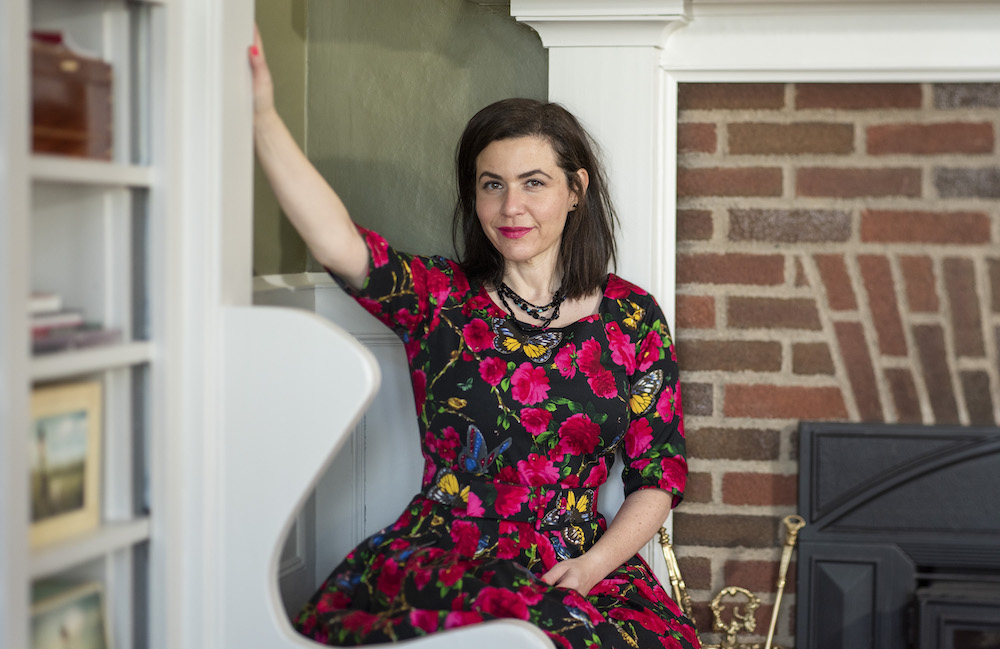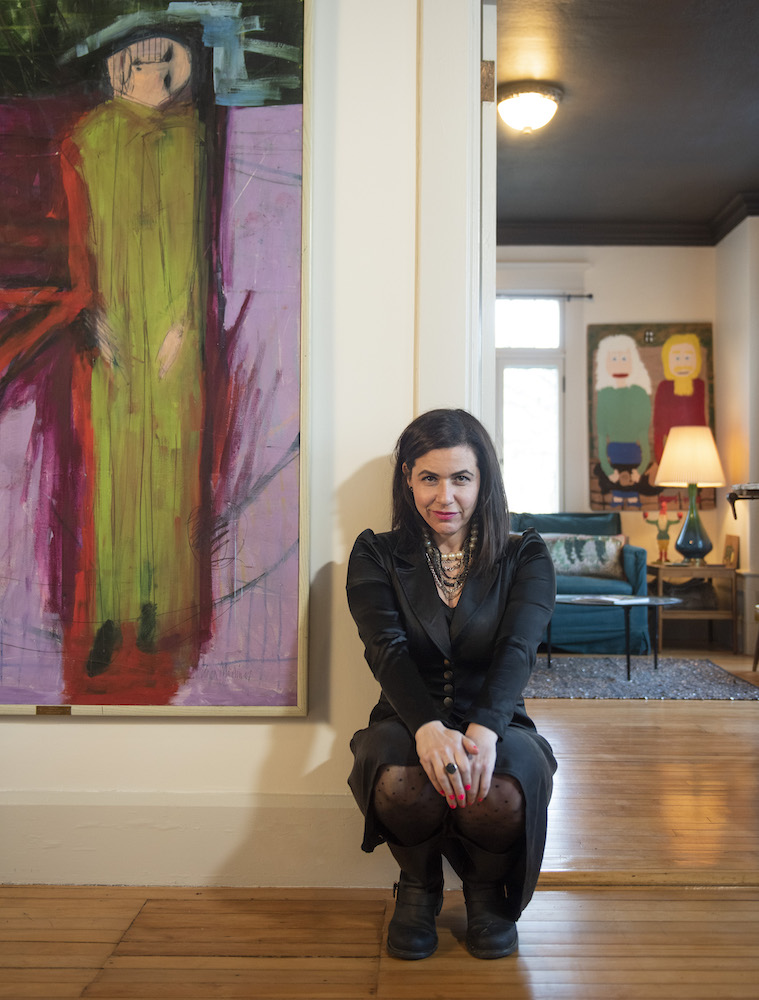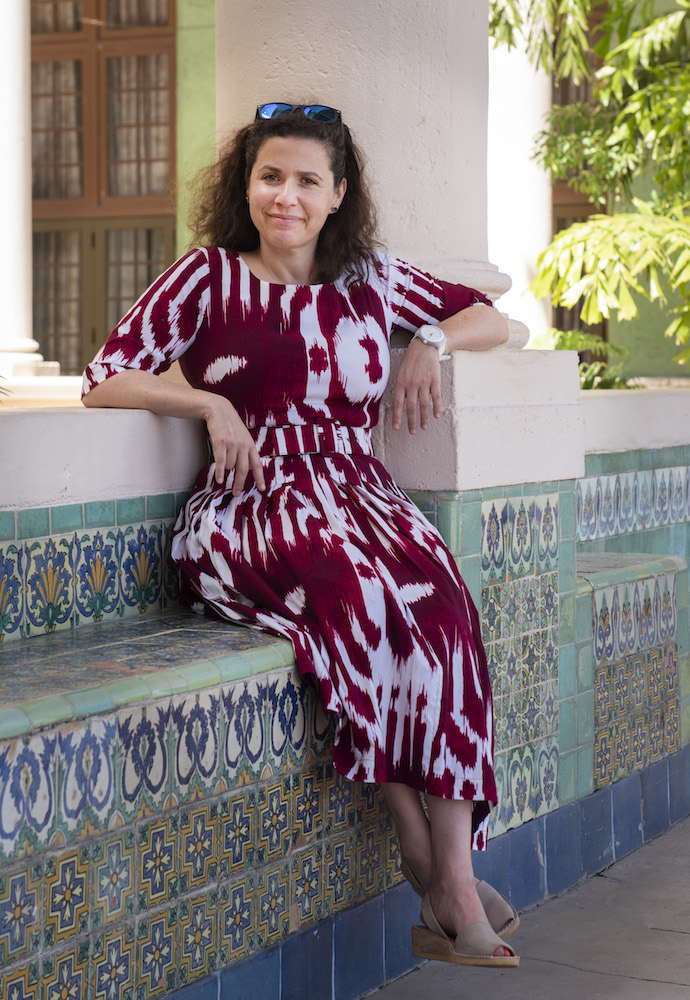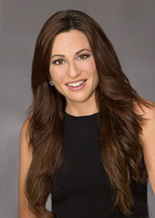Five Questions for Bari Newport
The GablesStage producing artistic director is serving the community with an ambitions season of world premieres and local stories.


Bari Newport has joined GableStage as producing artistic director and will this week be presenting Arthur Miller’s The Price as a tribute to her celebrated predecessor Joseph Adler who died in April 2020. For this production, Newport will incorporate Adler’s notes and work to instill his vision. Still, she’s got a slew of her own ideas for expanding this company and drawing an audience from well beyond the Biltmore. And she’s well-versed at implementing them.
Newport comes to Miami from the Penobscot Theatre Company in Bangor, Maine where she doubled the budget in eight years, produced five world premieres, created a partnership with the Penobscot (Native American) Nation, and fully funded the company’s first endowment. Newport kept her entire staff of 15 employed during the pandemic and produced an innovative season that included 17 newly commissioned, digital projects. Previously, she was artistic associate at the Alliance Theatre in Atlanta, artistic associate/literary manager at the Pasadena Playhouse, associate producer at Horizon Theatre and associate director of Florida Repertory Theatre.
Newport has also worked as a director & actor at the Horizon Theatre Company, Greenbrier Valley Theatre, American Stage, Cumberland County Playhouse, Florida Repertory Theatre, Sacramento Theatre Company, Westport County Playhouse and the Williamstown Theatre Festival. She holds a Bachelor of Fine Arts from the University of Southern California and she received her Master of Fine Arts from the University of Iowa. She sat down with SocialMiami’s Brett Graff to discuss what’s in store for what’s slated to be many, many opening nights.

What is your mission for GablesStage?
I’m honored to take Joe Adler’s legacy and move it forward. The company’s mission is the same, to provide South Florida audiences with theatrical works of artistic excellence that confront today’s issues and ideas. I’ve always known about GablesStage and I’d known Joe. But it’s amazing how many people don’t know GablesStage exists. I was hired to scale company up and that means a number of things that affect every department. I think that we can reach more people and we can reach a younger audience. That means expanding educational offerings for youth and adults and making some strategic show choices.
How do you make those choices?
No matter where you are, choosing productions is an extremely complicated, multi-faceted, multi-year puzzle. Most people have no idea the number of people and amount of planning it takes to put on a production. We have to ask questions, such as: Can we do it well? Does it work for our space, our talent base, or technical limitations? We have to consider the financial implications, as some projects take three or four years. We ask, who’s the star of the production? Is it the piece itself? A designer? And we ask whether it fits into the larger puzzle of the season.
We try and serve a full menu of productions that are comedy and musical and drama and world premiers. We’re choosing seasons at least 10 months out, I have piece for 2023 and 2024, and that requires knowing a lot of people, knowing what’s out there, and knowing what’s in development. All of those things take time.

What do most of us not realize about GablesStage and regional theater?
Most people don’t have any idea about why American regional theaters are non-profit and the reason it’s because its mission is to serve the community. That’s by doing mission-driven productions, rather than productions that are going to make money. It’s a fairly recent development that started in 1962 with the formation of the National Endowment of the Arts and the Ford Foundation’s vision. It was for the United States to have professional theater in communities all over the country rather than have theaters from New York and Philadelphia touring the country, which is how it had been prior. The idea is for communities to have professional theaters with professional artists living in and telling stories of and by the community.
What are some of the challenges?
The company had a series of tragedies, mainly Joe Adler’s death coupled with Covid. This particular company lost its leader and at the same time, was forced to close, painting a picture of a company that’s been dormant for 19 months. In doing so, the company lost its company.
A theater company is a group of artist that tell stories together and when I walked in, I wasn’t sure who I was telling stories with, who the company was. You can imagine that in the last four months, I had a lot of work to do in order to reopen and to figure out who and what the next chapter of GablesStage.
And what is the next chapter?
We have a lot of women working here now, that’s number one. We have an incredibly ambitious season, We’re doing seven projects in eight months, where the company was previously doing six projects in 12 months. That means more performances in every show, going from five shows a week to seven.

Brett Graff is SocialMiami.com’s managing editor and has been a journalist covering money, people and power for over 20 years. Graff contributes to national media outlets including Reuters, Glamour, Harper’s Bazaar, Maxim, and the PBS show, Nightly Business Report. A former U.S. government economist, her nationally syndicated column The Home Economist is first published in The Miami Herald and then on the Tribune Content Agency, where it’s available to over 400 publications nationwide. She is broadcast weekly on two iHeartRadio news shows and is the author of “Not Buying It: Stop Overspending & Start Raising Happier, Healthier, More Successful Kids,” a parenting guide for people who might be tempted to buy their children the very obstacles they’re trying to avoid.


